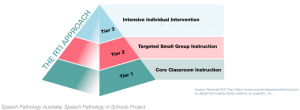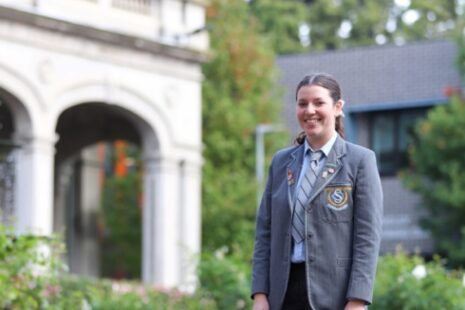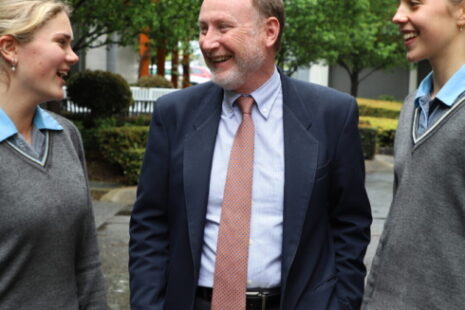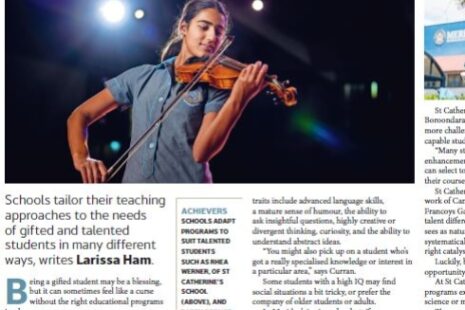Teaching: A Scientific Enterprise
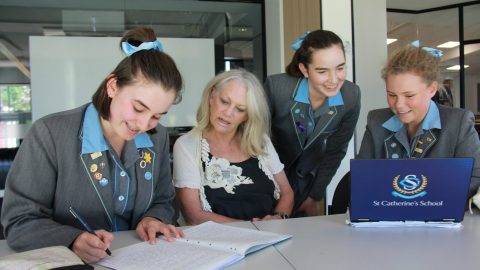
Teaching: A Scientific Enterprise
Educationalists are often so focussed on the “doing” and not so much about the “telling” of what we do, that the profession falls prey to those who have not been informed about the complexity and science of teaching (Marzano, 2009) in the 21st century. Without sharing what we do and how we do it, the public image of teachers and teaching will remain a vision of schooling past, rather than a vision of schooling present and future. Professor Patrick Griffin’s (2014) Assessment for Learning, Marzarno et al’s, (2007, 2009, 2010) Science of Teaching, Hattie’s Visible Learning (2009, 2012, 2016) and Munro’s Literacy Learning (2011), have all produced a body of peer-reviewed research. Their studies have articulated a methodology and procedure that systematically targets teaching instruction. Their works also provide the essential quotients, monitoring and reviewing student work, that are integral to ascertaining the trajectory for student learning development.
The key distinction in teaching and learning today is that teaching is in fact an expert, precise and targeted process. Teaching is no longer the industrial “cookie-cutter” model that for decades, pervaded schools and classrooms of old. Teaching is now a highly complex, collaborative, organic and a scientific process with the student as front and centre.
For example, the science in designing an Individual Learning Plan (ILP) has been largely influenced by the works of Hitchcock et al (2002) research. Goals are set at the Zone of Proximal Development (Vygovsky,1896–1934). Whilst Vygovsky’s work was last century, his full works were translated in the late 1990s, revealing sound and reliable scientific data, that all students learn at their optimal when provided with challenge. In effect, developing an ILP provides the opportunity for students to have accessibility to the same curriculum as any other student. By offering a range of evidence-based learning programs and assessments, individual students can be catered for as they can respond in ways that suit them. Universal design principles, are embedded in the construction of an ILP. ILPs rethink how we cater for students with special needs. Rather than focussing on their differences, we are moving towards focussing on their strengths and their legitimate inclusion in the general curriculum. Moreover, we are making the general curriculum accessible for all.
Assessment for teaching is the overarching principle for designing learning pathways for students at the School. An ongoing cycle of data collection, planning, teaching and assessment is critical. Designing an ILP therefore requires the understanding that learning is expected for all students and it is also expected that the learning will be ongoing. Designing ILPs involve accumulating observable evidence of what a student ‘could do, say or make’ (Griffin, 2014). This requires observations of student samples of works by teachers who are directly involved in teaching a student.
The School’s Learning Plus-Education Support provision is based on the research developed by the medical and speech therapy professions.
The Response to Intervention (RTI) framework (2017) includes mainstream explicit teaching, small group intervention, and 1:1 therapist intervention. The level of intervention relies upon standardised assessments and provides intervention within a three-tired approach. The tiers grow in intensity, depending upon the students’ needs. The intervention therefore may only be within the classroom or may include small group intervention as well as therapeutic involvement. Not all students require ongoing intervention. Data collected on student development assists in determining a cessation or continuance of RTI. All programs used in the small group settings are evidence-based so they are supported by peer reviewed educational research.
In essence, RTI focusses on:
- Identifying and supporting the educational support requirements.
- Regular monitoring and review.
- Matching evidence-based teaching practices and interventions to student educational support requirements.
Clearly, teaching has moved significantly since the turn of the 21st century. Teaching is a scientific enterprise and requires expert, systematic and targeted delivery.
At St Catherine’s School we have a team of dedicated teachers committed to this approach to teaching.


